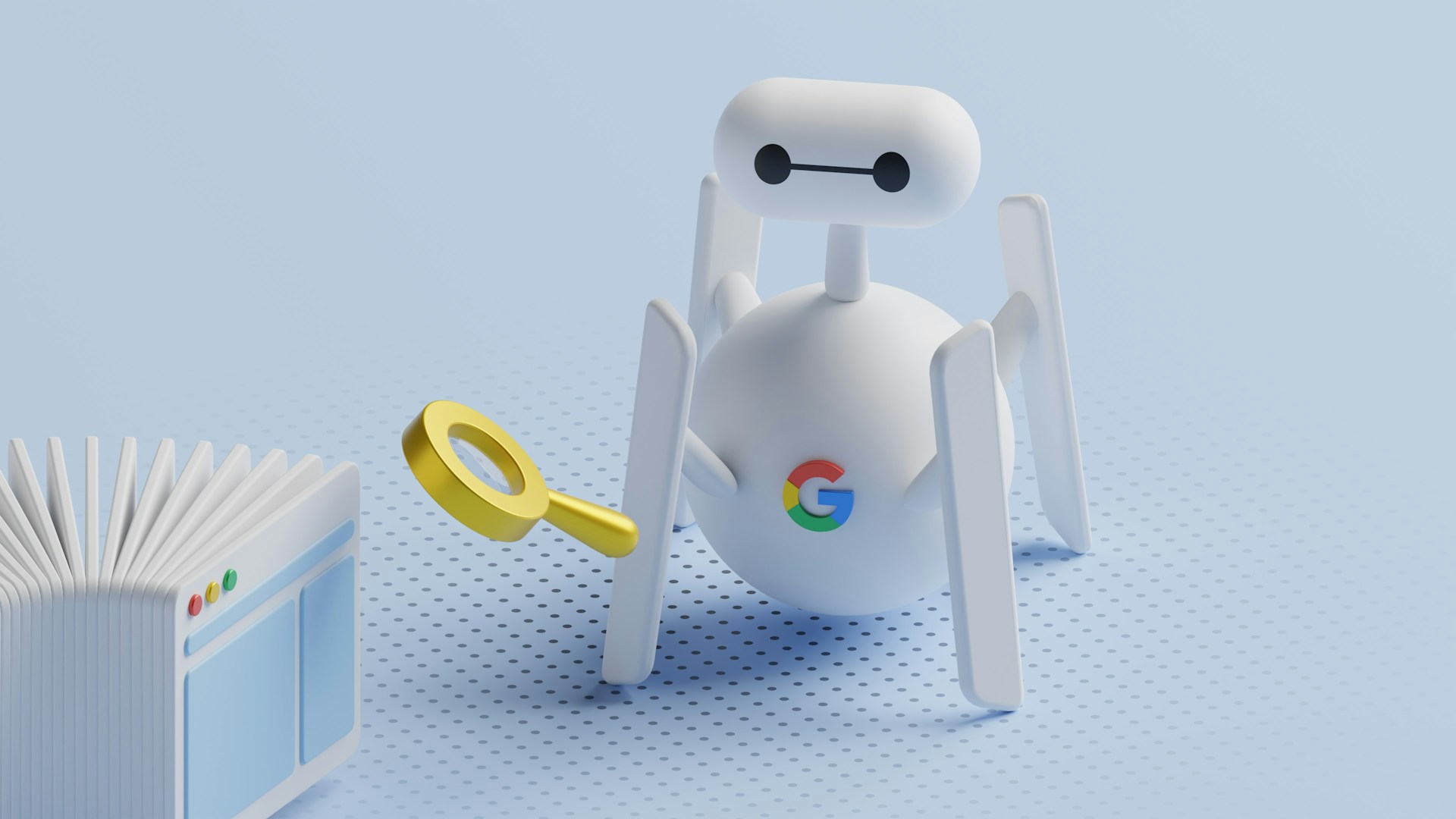
Google leaders are giving conflicting messages about when “AI Mode” will replace traditional web search results as the company’s main offering.
Logan Kilpatrick, Google’s lead product manager for artificial intelligence (AI) Studio, hinted on September 6 that AI Mode would become the default search experience “soon.” His comment came after a user on X suggested the change should happen immediately.
“Soon : )” Kilpatrick replied.
But Robby Stein, Google’s vice president of product for search, quickly tried to cool expectations. Two days later, Stein posted his own response on X.
“Wouldn’t read too much into this,” Stein wrote. “We’re focusing on making it easy to access AI Mode for those who want it.”
Kilpatrick later clarified his original comment on September 9. He said he “wasn’t saying AI Mode is replacing main Search” and explained he meant AI Mode features would come to AI Overviews instead.
AI Mode changes Google from showing lists of website links to a chat-like experience. Users get AI-generated answers instead of clicking through to different sites. The tool launched this summer and now serves over 100 million monthly users in the United States and India.
AI Mode uses Google’s Gemini 2.5 technology to search multiple topics at once, then combines results into conversational responses. Users can ask follow-up questions and upload images for analysis.
Google currently offers AI Mode as an optional tab on search pages. Users can also access it directly at google.com/ai, which launched last week. The company has recently expanded its service to more than 180 countries outside of Europe.
Some experts predict AI Mode could become the standard search method by 2026. Google CEO Sundar Pichai has called the traditional “10 blue links” outdated.
The timing creates an awkward situation for Google’s legal team. In a current lawsuit over its advertising business, company lawyers argue that “the open web is already in rapid decline.” They use this claim to fight demands to break up Google’s ad operations.
Critics point out the irony: Google argues the web is dying while rolling out tools that reduce traffic to websites.
Publishers call it ‘traffic apocalypse’ or ‘AI armageddon’ due to AI Overviews. Many websites depend on Google search traffic to bring in readers and advertising revenue. If AI Mode becomes the default, those businesses could lose even more visitors.
Google disputes that AI summaries actually send “more quality clicks” to websites, but has not released data to support this claim.
Research from Pew shows that only 8% of people click on actual websites when Google shows AI summaries. That number jumps to 15% when traditional search results appear without AI answers.
.jpg)
.jpg)
Source: Google
Google is testing advertisements within AI Mode responses as it figures out how to make money from the new format. The company’s premium AI Ultra subscription, which includes advanced features, costs $249.99 monthly.
For now, traditional search results remain the default for most Google users. Despite Kilpatrick’s clarification, the mixed messages suggest Google is still working out its AI search strategy.
Updated Sept. 10, 2025: Added Kilpatrick’s clarification of his original comment.






















